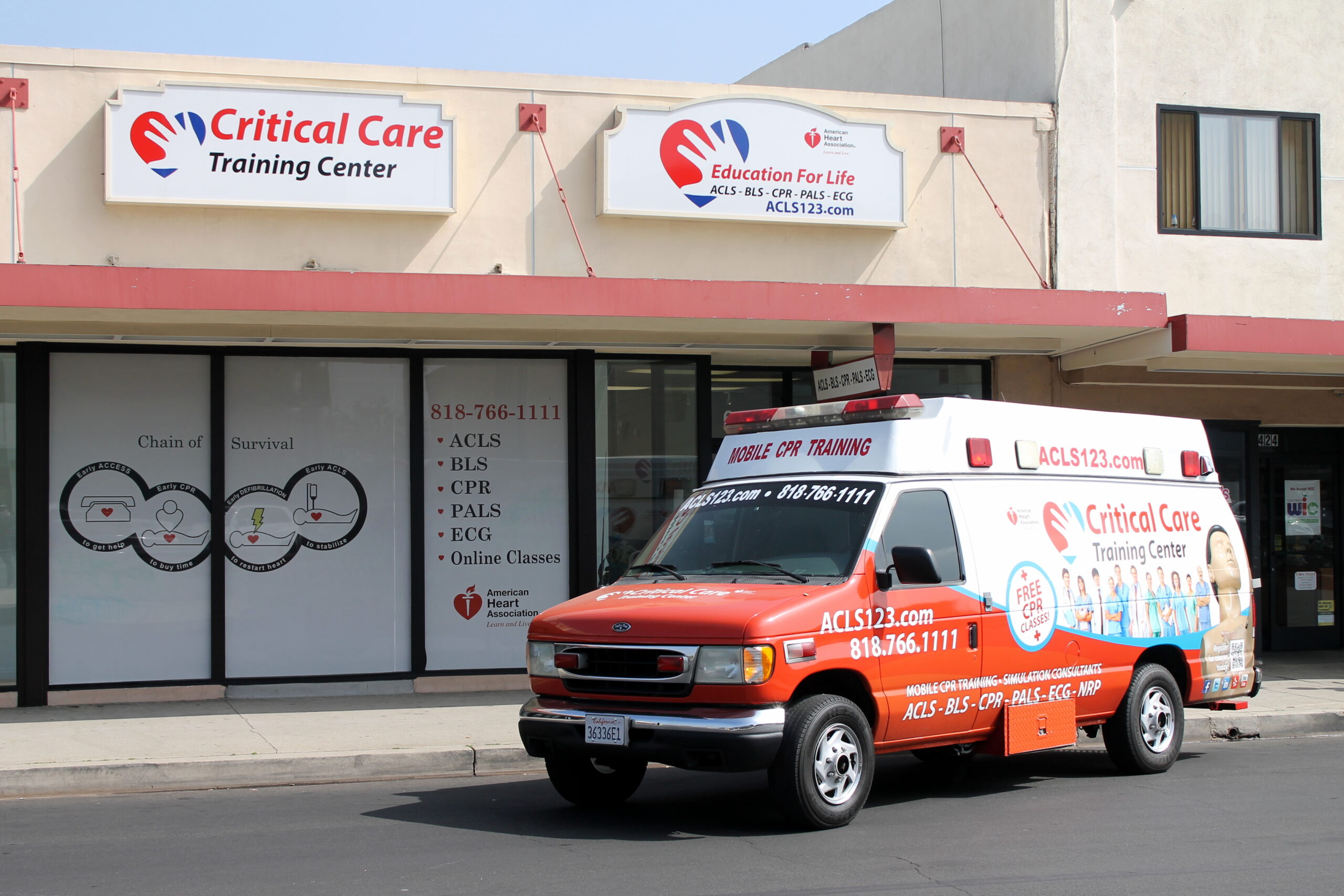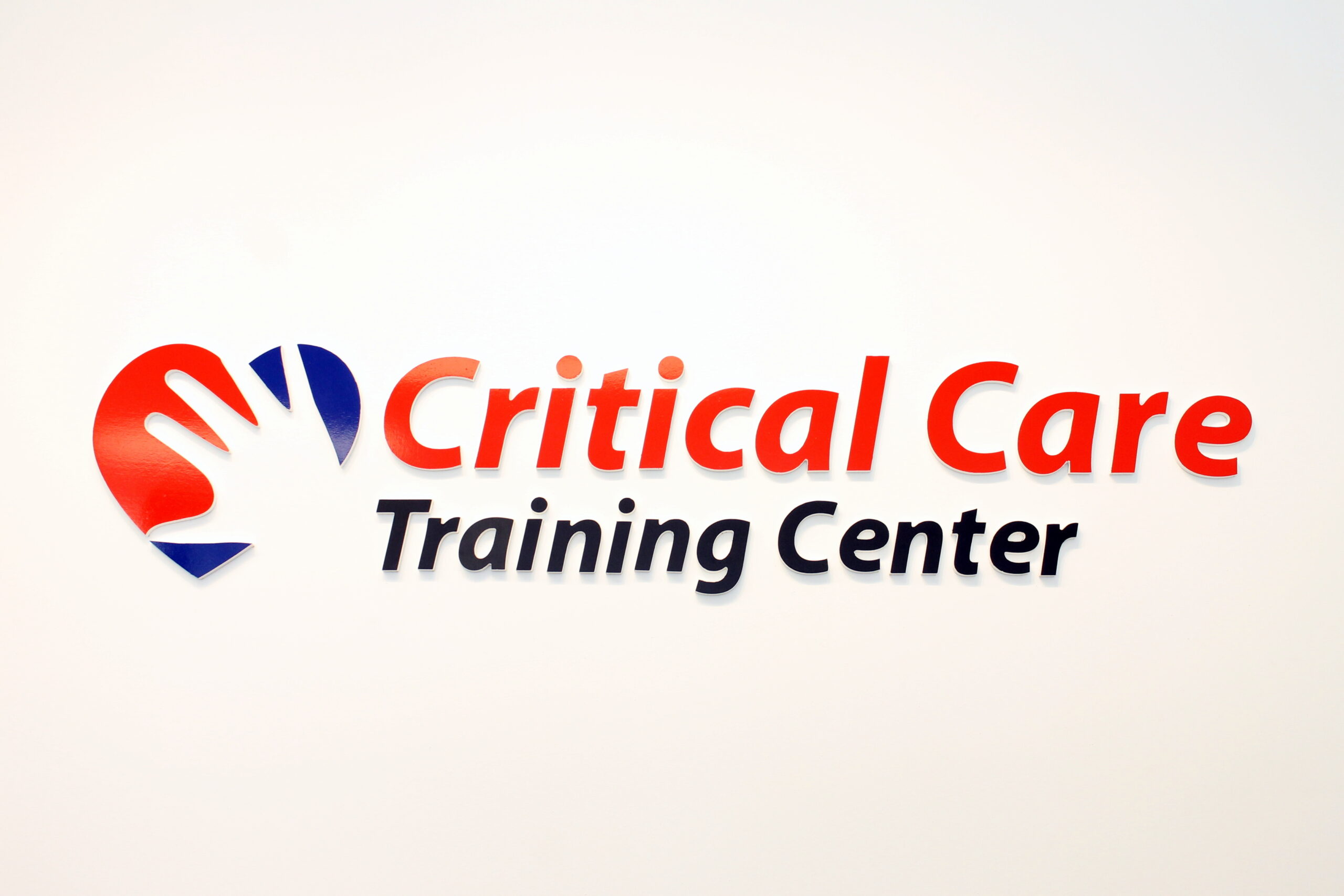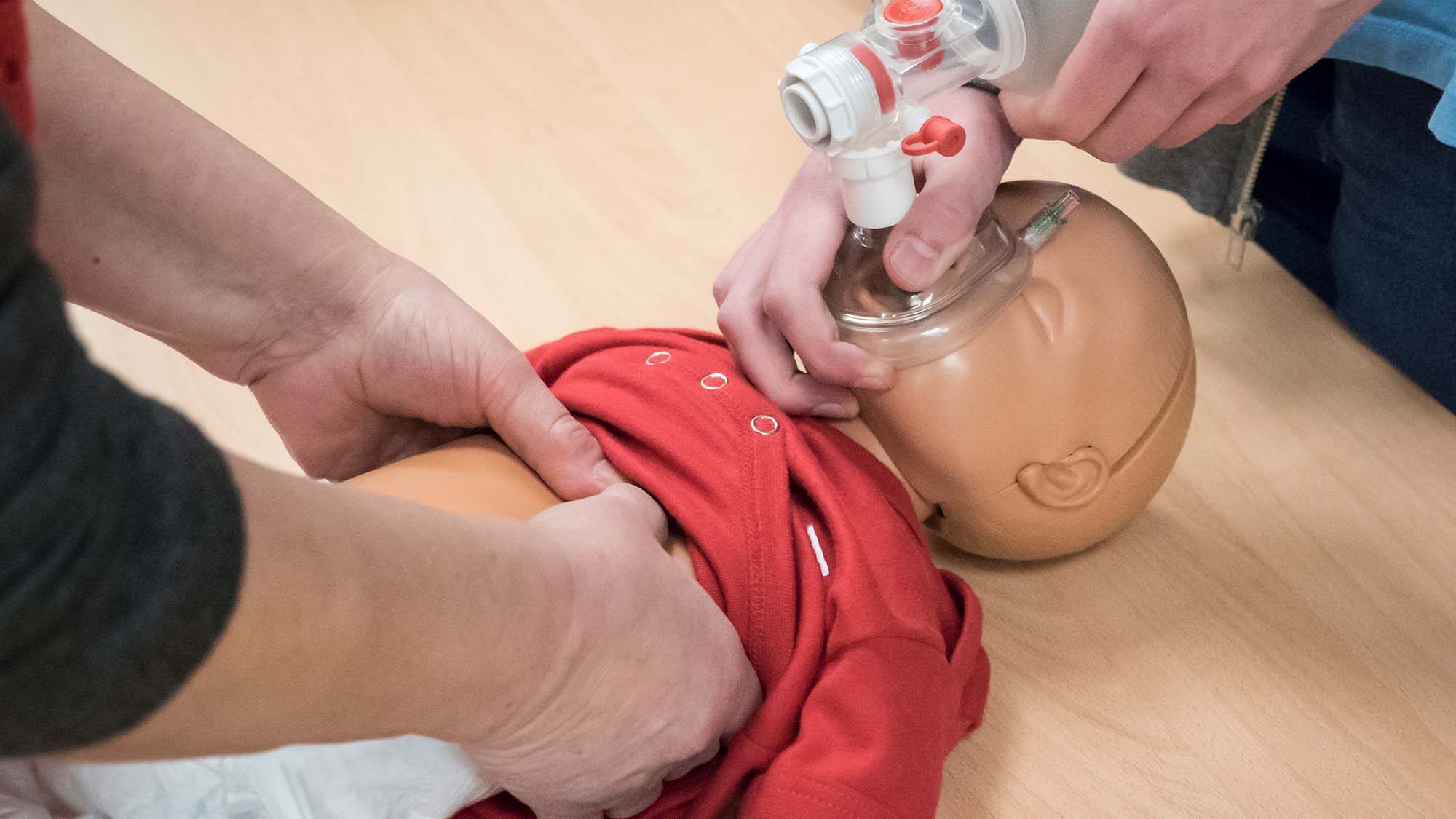Essay by: ISP054
What good is the oxygen in the blood if it never makes it to your brain or heart? In recent years, this is the basics of American Heart Association’s new CPR guidelines. They have changed the entire sequence of the rescue steps to reflect this. Now all practicers of CPR will perform compressions first.
Studies have shown that survivability in cardiac arrest depend on early interventions, including compressions and defibrillation. This offers so much clarity when you consider what is happening when someone arrests. Every vital function of the body has ceased. Tissues are starving for oxygen. Heart tissue needs to be recirculated quickly so that it may have a chance to resume beating upon defibrillation.
Why is it so important to perform compressions? First, every second matters when a person is in cardiac arrest. Stopping to perform rescue breaths only delays the time for blood to arrive to tissues. Additionally, the blood still contains oxygen in sufficient quantities to perfuse the tissue. Consequently, any additional oxygen that may be received by rescue breaths is not going to make a huge impact. What will make an impact is compressions given hard and fast at a rate of 100 per minute. This will get the pressure of the blood circulating up enough to perfuse tissues in the heart and brain.
The science of the new compression ratio shows the perfusion pressure to be adequate at 100 per minute or the 30 compressions per cycle. Not only does this circulate the heart but will overcome pressures to arrive to the brain. Numerous patients can be revived from cardiac arrest, only to become brain dead. Once again, this is another reason it is important to give good compressions. The brain may also benefit from the perfusion received by good compressions. This person may be revived and walk away from the incident.
Putting all of this together makes more sense for the importance of compressions first. Every rescuer wants to make an impact in the survival of their patient. When applying the science to knowledge in practice, rescuers can make a difference in the outcome of cardiac arrest.









